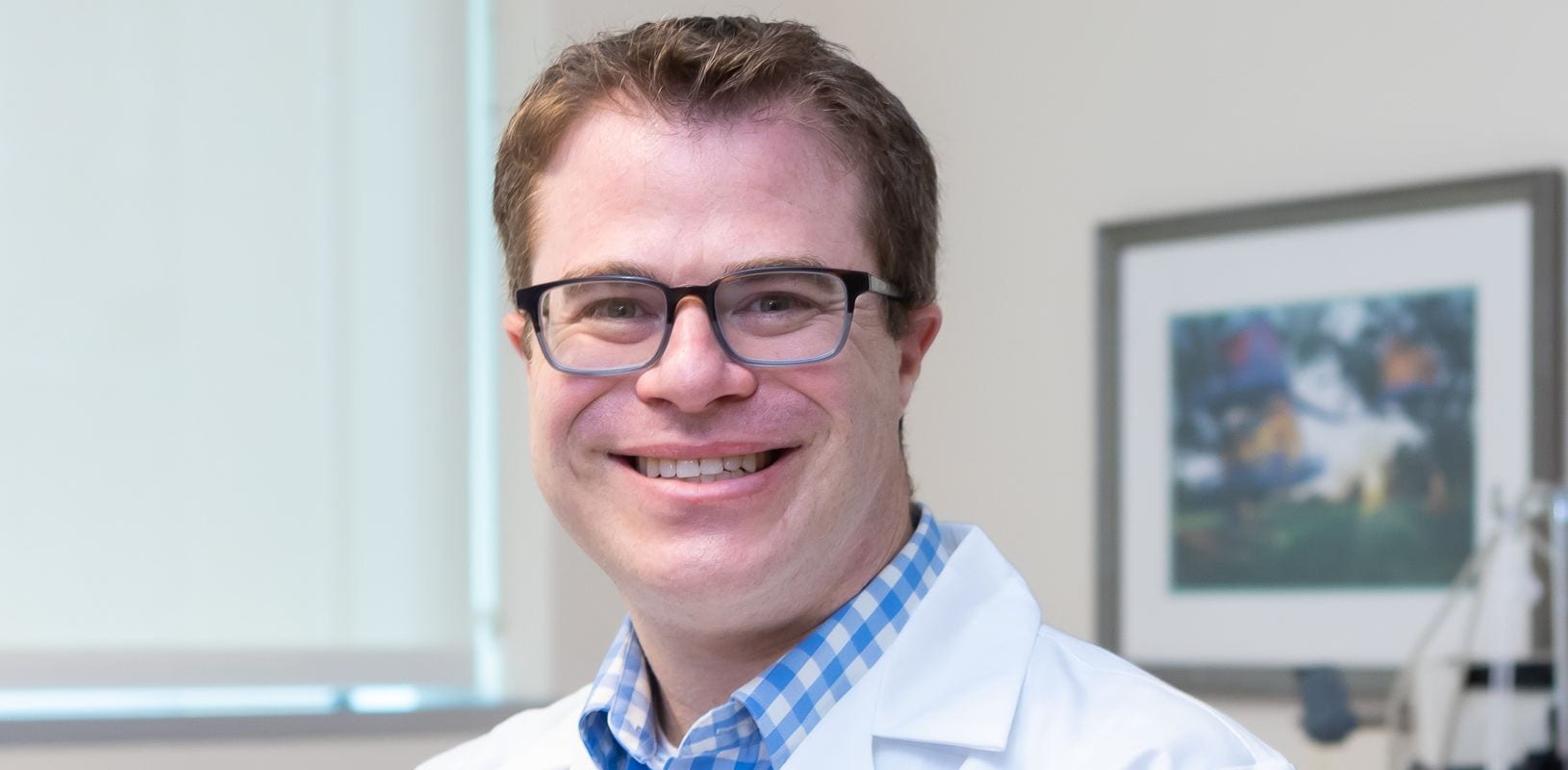Research & Innovation
Off-label cancer drug helps first-grader recover her voice

Besides surgery, other treatments hadn’t worked for Eden — injections into her vocal cords, vaccines, countless supplements, dietary changes and alternative treatments. Baroody, Director of Pediatric Otolaryngology, recommended treating Eden with off-label systemic bevacizumab, a drug that has been used for years as systemic chemotherapy to inhibit vascular growth of metastatic malignancies. He reached out to pediatric hematologist/oncologist Mark Applebaum, MD, to administer the IV-bevacizumab treatment.
Vascular endothelial growth factor (VEGF) drives blood vessel formation that supplies cancerous tumors with nutrients and oxygen. VEGF also contributes to RRP proliferation and recurrence, explained Applebaum. “Bevacizumab, a recombinant VEGF-binding monoclonal antibody, chokes off tumors’ blood vessel supply, causing them to regress and, hopefully, disappear. And it appears to do the same for RRP papillomas,” he said. “In the treatment of pediatric cancers, systemic bevacizumab is a very safe drug and well tolerated.”

Assistant Professor of Pediatrics Mark Applebaum, MD

Seven-year-old patient Eden Tansey
Another one of Baroody’s RRP patients is doing so well, he needs just three doses of systemic bevacizumab yearly. Baroody and Applebaum have treated two children with RRP with systemic bevacizumab, but Baroody cautions that many questions remain about the treatment, including the duration of its efficacy, long-term side effects and whether the disease will recur if treatment is discontinued. And systemic bevacizumab doesn’t benefit every patient with RRP. “It is also important to note that, based on our current knowledge of the disease, systemic bevacizumab is our last treatment option,” said Baroody. “We administer it when there is very rapid recurrence of RRP and a need for frequent surgery, as well as failure of local bevacizumab injections into the larynx or other adjuvant therapies.”
“It’s very, very early and there have been no clinical trials and no precedent, but so far, it’s been incredible,” Baroody said. “I’ve seen kids thrive with this drug and without any major side effects so far. Now there’s hope to slow the disease down in patients who get very frequent occurrences.” Baroody recently participated in an international consensus panel of 70 experts to develop best-practice applications of off-label bevacizumab to treat RRP patients.
Before treatment with systemic bevacizumab, Eden struggled to speak louder than a scratchy whisper and had to sit out many activities because breathing was too difficult. “It was hard for Eden to be around other kids,” said her mother, Lisa Tansey. “They could never understand her, and she would feel like she couldn’t get her point across so she just wouldn’t talk.” After treatment with bevacizumab, Eden has a new lease on life. “It gave back her voice and the ability to be a happy, carefree and silly first-grader,” said her mother.
Added Applebaum, “Treatment with bevacizumab has had such a profound impact on Eden’s life, which has been incredibly rewarding.”
